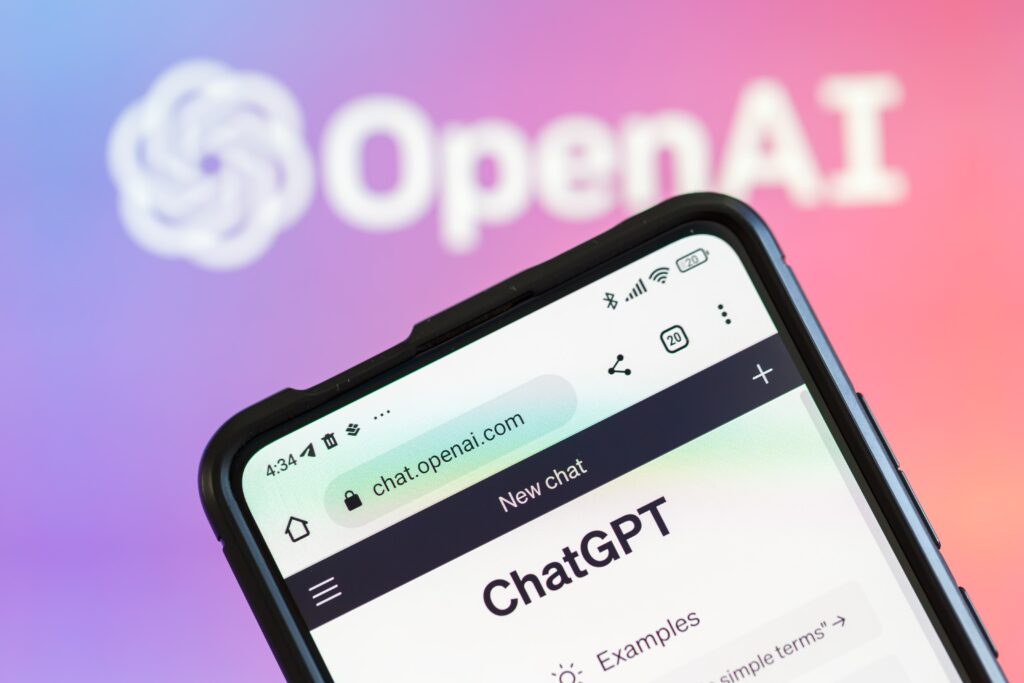OpenAI has completed its transition into a for-profit company. The move is expected to attract billions in new investment and could pave the way for a future stock market listing.
Microsoft reshapes its powerful alliance with OpenAI
As part of the transformation, OpenAI and Microsoft have restructured their partnership. Microsoft now owns a 27% stake in the ChatGPT developer. The change marks a new chapter in a relationship that began in 2019, when OpenAI still operated as a non-profit AI research lab.
Under the revised terms, Microsoft can now pursue artificial general intelligence (AGI) independently or in collaboration with others. AGI is often defined as intelligence that surpasses human ability. OpenAI also plans to form an expert panel to confirm any claim that the company has achieved AGI.
When asked about the panel’s members, OpenAI declined to provide names.
Altman’s leadership continues without ownership stake
Microsoft will continue to advise OpenAI’s board as it finalizes its shift to a profit-driven structure. The company confirmed that CEO Sam Altman will not hold an equity stake — a detail first reported by Bloomberg.
In the early years of their partnership, Microsoft gained access to much of OpenAI’s technology in exchange for crucial cloud computing resources. Since then, OpenAI has built new alliances with other major tech firms, sparking debate over whether the booming AI industry is entering bubble territory.
The new agreement extends Microsoft’s rights to OpenAI’s AI models through 2032 but excludes consumer hardware projects.
After the announcement, Microsoft’s market value climbed above $4 trillion for the second time. It first hit that milestone in July, joining Nvidia as one of only two public firms to achieve it.
OpenAI’s rapid growth and expanding reach
OpenAI became a global phenomenon in 2022 with the launch of ChatGPT, which brought artificial intelligence into daily use for millions of people.
At the company’s DevDay event in San Francisco this month, Sam Altman revealed that ChatGPT had reached 800 million weekly active users. Now valued at $500 billion, OpenAI continues to introduce new products aimed at keeping users engaged and expanding its influence.
Its AI-powered browser, ChatGPT Atlas, directly challenges Google Chrome. The company also launched Sora, a tool that generates realistic videos from text prompts.
Controversy grows as OpenAI expands its reach
Despite its success, OpenAI faces constant scrutiny. Last week, the company blocked Sora 2 from generating deepfake videos of Dr. Martin Luther King Jr. after his family raised concerns.
It also announced that verified adult users will soon be able to access erotica through ChatGPT, a decision that sparked public debate.
Critics accuse OpenAI of underestimating the mental health risks associated with its products. They claim the company prioritizes growth and profits over responsible innovation.
Still, OpenAI’s switch to a for-profit model represents a defining moment in the evolution of artificial intelligence — one that cements its influence over the direction and ethics of the global tech industry.


